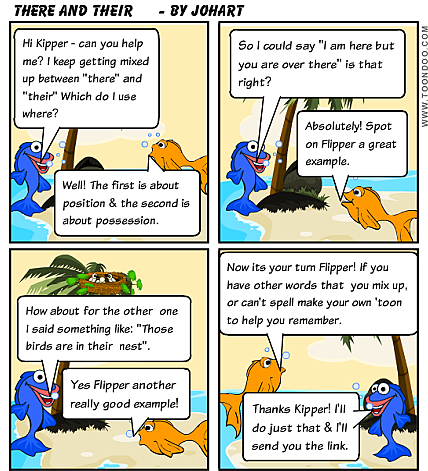Lots of PD news this time!
PD within the WA ALaN network
Firstly, within the ALaN network, some of this year’s projects are getting under way with webinars and workshops.
“What’s in a number!” has made a great start with the first webinar already complete. Webinars will be approximately fortnightly until mid 2014. This project is designed to help everyone teaching maths/numeracy to improve their maths skills and gather evidence for the numeracy core unit of the Grad. Cert. (soon to become Grad. Dip.) of Adult Language Literacy and Numeracy Practice.
“Adult Literacy and Numeracy Professional Development Workshops” at Kimberley Training Institute have been scheduled and start with “Teaching Numeracy” sessions in late July and August.
The “Digital Literacy in the CGEA” webinar series is underway looking at implications of, and strategies for encompassing, digital literacy/digital texts in CGEA delivery.
For more information, or to become a participant in any of these, visit the network GoogleGroup (if you aren’t a member see this page on how to join) and check out the posts.
New DTWD events management system
DTWD has a new PD calendar system and you will need to create a user registration before you can register to attend DTWD LLN sessions including.
CGEA part 1 on August 22nd
This workshop for new CGEA teachers is designed to help them orient themselves, and their teaching approaches, to teach literacy and numeracy skills to adults. The workshop will focus on finding ways to establish a teaching/learning environment that most closely reflects the way that literacy and numeracy skills are acquired in the real world, by all of us.
CGEA part 2 on 10th and 11th September
This workshop for CGEA teachers is designed to explore the aspects of teaching adult literacy classes that challenge teachers as they attempt to meet the needs of all their students. The workshop will focus on finding ways to establish a teaching/learning environment that most closely reflects the way we all acquire literacy and numeracy skills in the real world.
Department of Education PD
The “Tracks to Two-Way Learning Induction“ workshop – replacing the ABC of Two Way Learning and Literacy workshop is on the 15th and 16th of August. Registration details available soon.
Expressions of interest
Expressions of interest are being sought from those interested in attending any of the following:
- Face-to-face numeracy workshops with Beth Marr – coming up soon
- CAVSS training later this year
- Teach Me Grammar in 2014
Please send a separate email for each one of the above that you are interested in attending to literacy@dtwd.wa.gov.au


